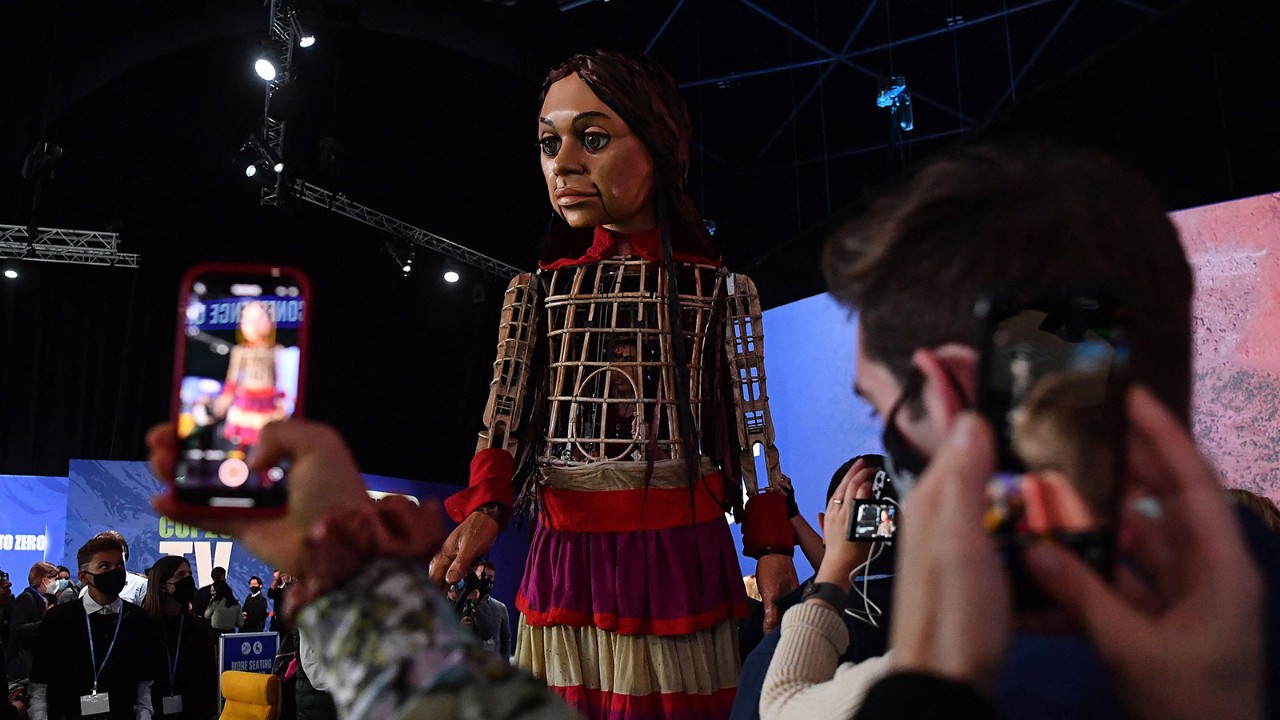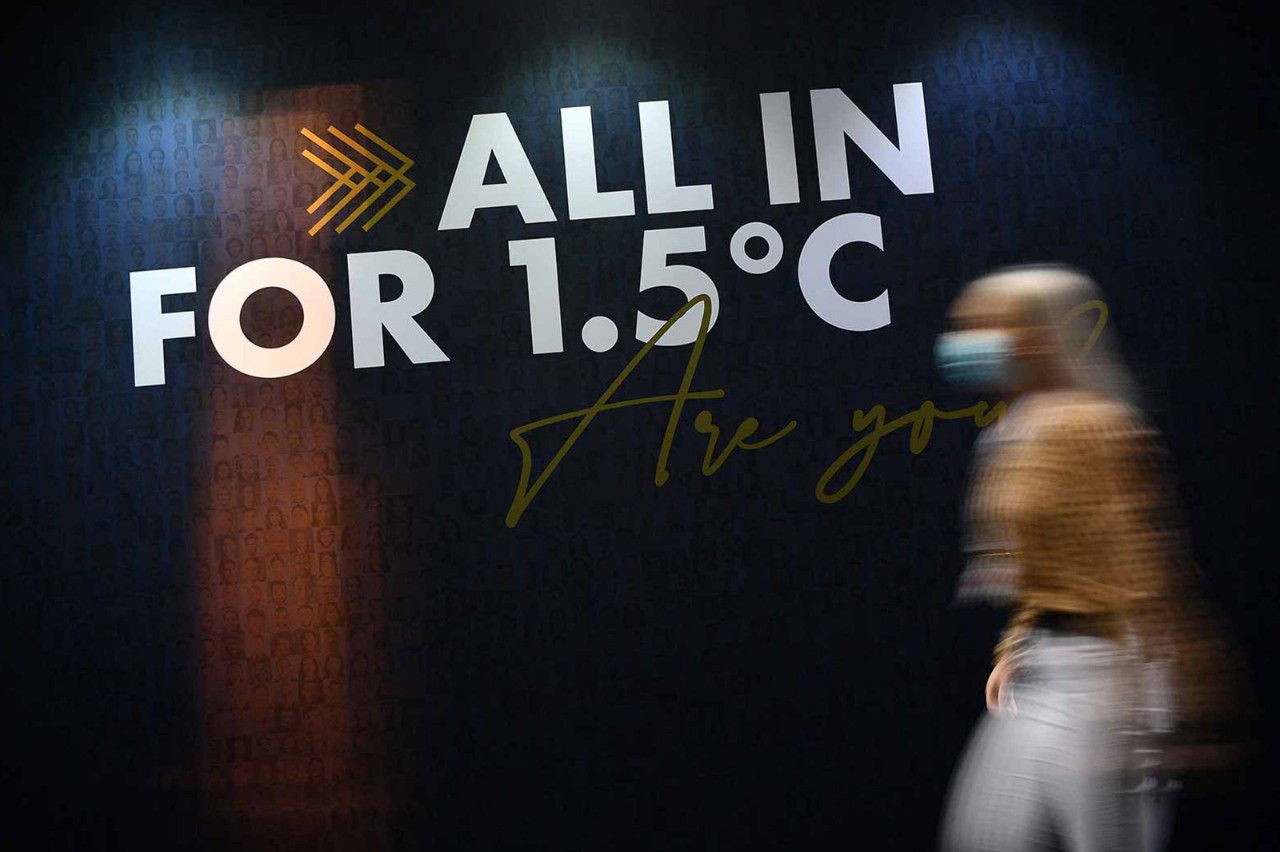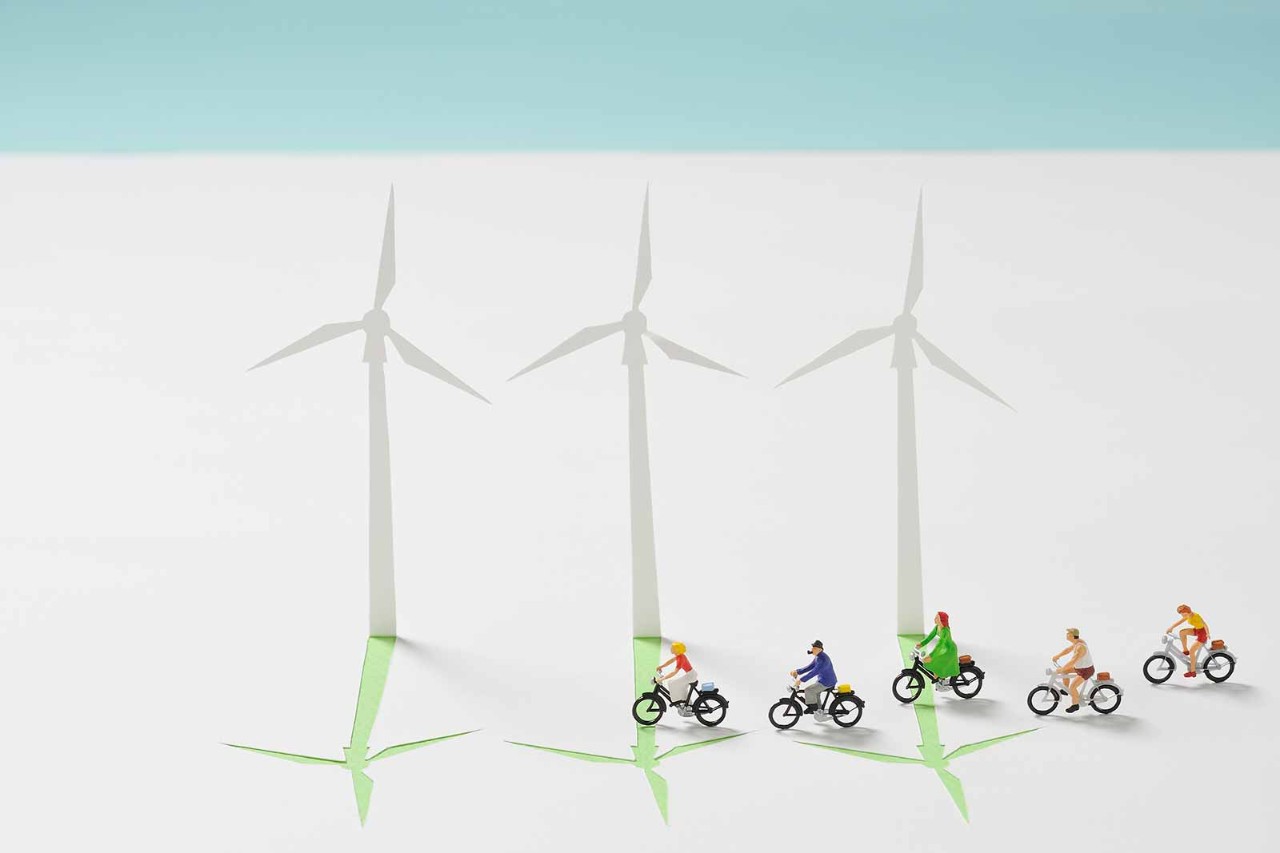
The voices of women and girls needs to be heard, and many more women need to be involved in green jobs, if the global fight against climate change is to succeed, the COP26 summit was told.
Women form a majority of the world’s poor and often depend on small-scale farming for their livelihood. It is estimated that 80% of those displaced by climate-related disasters are female.
‘Climate change isn’t gender neutral,’ said Emmeline Skelton, head of sustainability at ACCA. ‘It will disproportionately affect women and girls.’
Speaking at a COP26 fringe event, the campaigner Malala Yousafzai said that environmental catastrophes such as floods and drought had many implications, including leading to girls being forced to drop out of school.
’Climate change, gender equality and girls’ education are not separate issues, they are all interlinked,’ she said. ‘Treating them as separate issues is not doing justice to the cause of creating a fairer and better and cleaner world for all of us.’
Leading on solutions
A statement, sponsored by the Scottish Government and UN Women, calling for the role of women and girls to be advanced in addressing climate change was launched at the summit. It recognised that the leadership of women and girls is essential to making sure that global efforts to tackle climate change succeed.
‘With strong partnerships between governments, businesses, and civil society we can enable more women and girls to lead on the solutions we need to address climate impacts and promote gender equality,’ said the statement.
The leadership of women and girls is essential for efforts to tackle climate change to succeed
A panel at COP26 that included Scottish First Minister Nicola Sturgeon, Estonian Prime Minister Kaja Kallas, Bangladesh’s Prime Minister Sheikh Hasina, and Samia Suluhu Hassam, the President of Tanzania, stressed the importance of female leadership in the fight against climate change.
Only a handful of the world leaders who attended COP26 were women. ‘This is a big problem,’ said Ms Kallas. ‘I’m not saying that women make better politicians than men, but we have different life experiences. In order to have balanced decisions, we need to have both genders represented.’
‘There is no doubt that we must ensure that climate change is a feminist issue,’ said Sturgeon. She said that more women and girls needed to be in decision-making roles: ‘We must make sure that the experiences of women and girls across the world, so often disproportionately impacted by climate change, are understood as we devise the solutions. And we must make sure that the voices of women are at the centre of creating and implementing the solutions to climate change.’
Empowerment
Tarcila Rivera Zea, a member of the UN Permanent Forum on Indigenous Issues, stressed that women were asking for empowerment, not support.
‘We are not pleading for help, we can contribute our support. We want an investment. We don’t want a donation. We want investment in the development of our skills, of women and girls, young people and young indigenous populations.’
Just 20% of women, compared with 31% of men, believe they have the skills to work in a green job
Further information
Find out about ACCA’s Certificate in Sustainability for Finance
Gender representation has long been a concern as countries work to combat the impact of climate change. A five-year Gender Action Plan was set out at COP25, which is intended to address gender and climate change together. The plan has five pillars:
- capacity-building, knowledge management and communication
- gender balance, participation and women’s leadership
- coherence
- gender-responsive implementation and means of implementation
- monitoring and reporting.
Women in green jobs
A significant barrier to progress, though, is the lack of women in green jobs at all levels, and in decision-making roles in both the public and private sector.
There are barriers to overcome in terms of training and access to green roles. A recent survey by PwC found that just 20% of women, compared with 31% of men, believe that they have the skills they need to work in a green job. Men were also more aware of green job opportunities than women; in fact, only 21% of women questioned said that they were aware of opportunities.
In March 2021, the ACCA urged governments worldwide to adopt the use of gender-responsive budgeting to ensure that women and men benefit equally from the post-pandemic economic recovery. The same argument applies to the worldwide climate change crisis.
Skelton said that the UK government’s net zero plans, for example, will create 440,000 jobs but contain no mention of gender equality.
‘Governments needs to adopt gender-responsive budgeting so that women and men benefit equally from the green job creation plans.’


